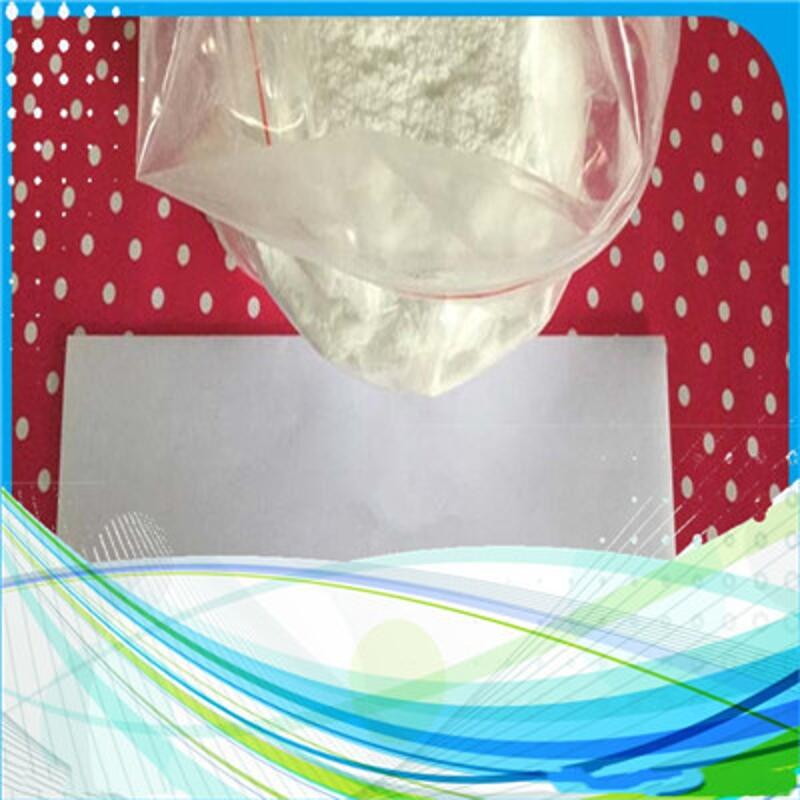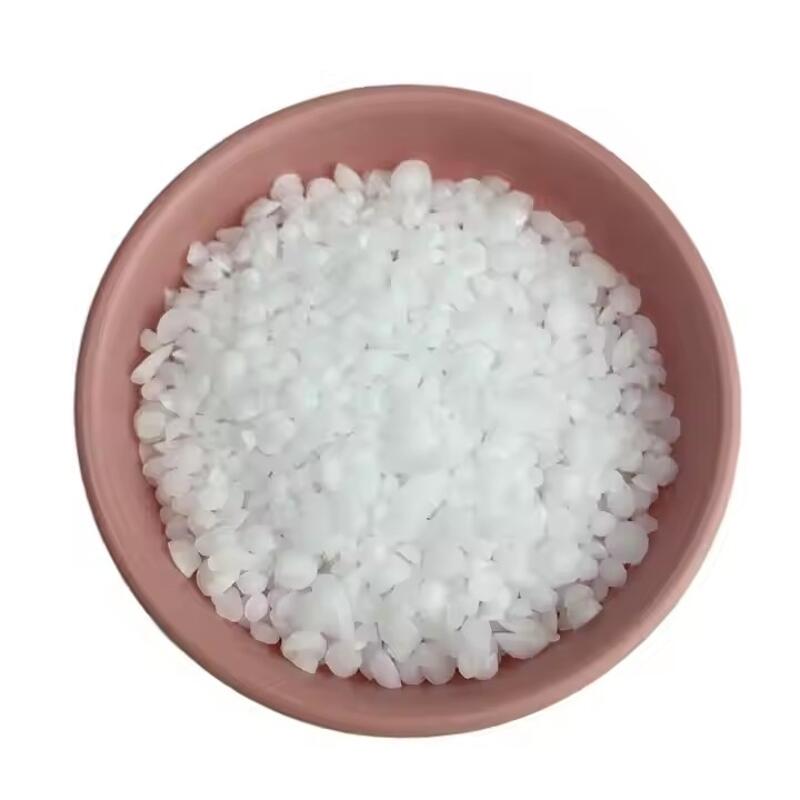It was found that the aromatization of natural products was catalyzed by a special detoxification enzyme
-
Last Update: 2020-01-15
-
Source: Internet
-
Author: User
Search more information of high quality chemicals, good prices and reliable suppliers, visit
www.echemi.com
On January 13, 2020, Nature Chemical Biology Magazine published online the research paper of Chen Xiaoya research group, Center for excellence and innovation of molecular plant science, Chinese Academy of Sciences, entitled optimization of natural products by a specialized purification enzyme It was found that glyoxalase I, a detoxifying enzyme of glucose metabolism, can catalyze the aromatization of plant natural products Many secondary metabolites (natural products) in plants and microorganisms contain benzene ring structure The formation of benzene ring from non aromatic amino acids requires special aromatization reaction Cotton synthesis and accumulation of gossypol and other cytotoxic sesquiterpenes to help resist pests Cottonseed is an important source of vegetable oil and feed protein, but the high content of gossypol limits the safe utilization of cottonseed Gossypol contains naphthalene ring, i.e fused benzene ring, whose basic skeleton is (+) - δ - dusonene Several cytochrome P450 monooxygenases, dioxygenase 2-odd1 and alcohol dehydrogenase DH1 were cloned and identified successively by the research group, which laid the foundation for the comprehensive analysis of gossypol biosynthesis pathway, but the aromatization of gossypol skeleton has always been an unsolved mystery Methylglyoxal is a by-product of glucose metabolism, which is widespread in biology and has strong cytotoxicity Glxi, assisted by glutathione (GSH), catalyzes the isomerization of the adduct hemithioacetal of methylglyoxal and GSH to form s-d-lactylglutathione, which is then converted to detoxification The team found that glyoxalase I of different species could not only transform methylglyoxal, but also recognize the cyclic compounds with o-hydroxyketone characteristic structure, leading to substrate aromatization In cotton, SPG is a specific glyoxalase I, which loses the N-terminal organelle localization signal peptide and GSH binding site Although it no longer has the activity of transforming methylglyoxal, SPG can effectively catalyze the aromatization of gossypol biosynthesis intermediates without the participation of cofactors SPG is a new kind of aromatase, which changes from detoxification enzyme to synthetase, which represents a new feature of the evolution of plant secondary metabolism pathway More importantly, the loss of GSH binding site broadens the substrate spectrum of SPG, and it can degrade vomit toxin without auxiliary factors The vomitus produced by fungi seriously pollutes wheat, corn and other grains The newly discovered SPG has an important application prospect in food safety, environmental remediation and synthetic biology (BIOON Com)
This article is an English version of an article which is originally in the Chinese language on echemi.com and is provided for information purposes only.
This website makes no representation or warranty of any kind, either expressed or implied, as to the accuracy, completeness ownership or reliability of
the article or any translations thereof. If you have any concerns or complaints relating to the article, please send an email, providing a detailed
description of the concern or complaint, to
service@echemi.com. A staff member will contact you within 5 working days. Once verified, infringing content
will be removed immediately.







